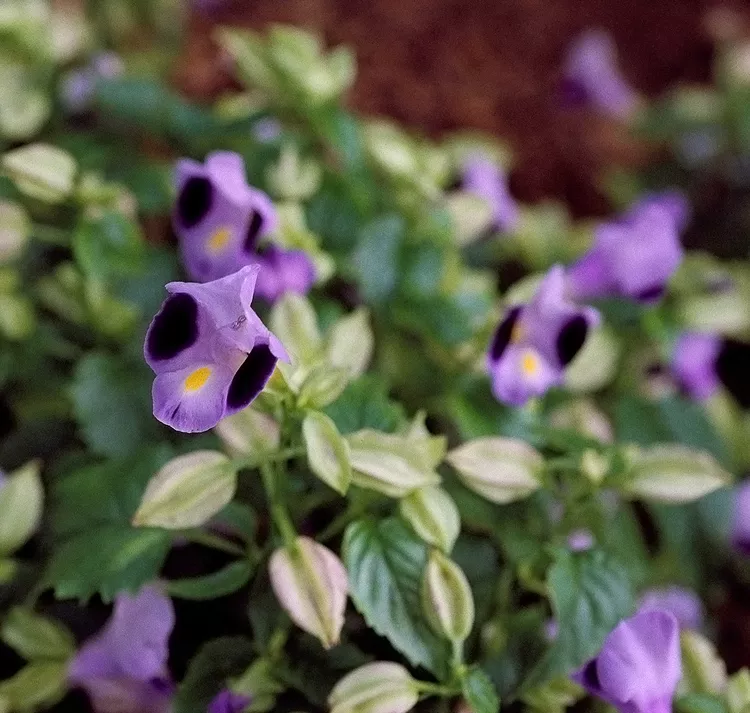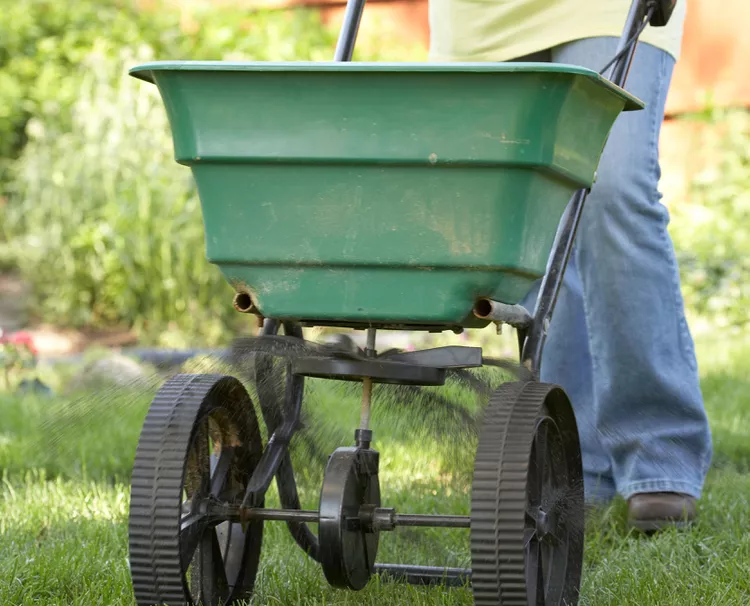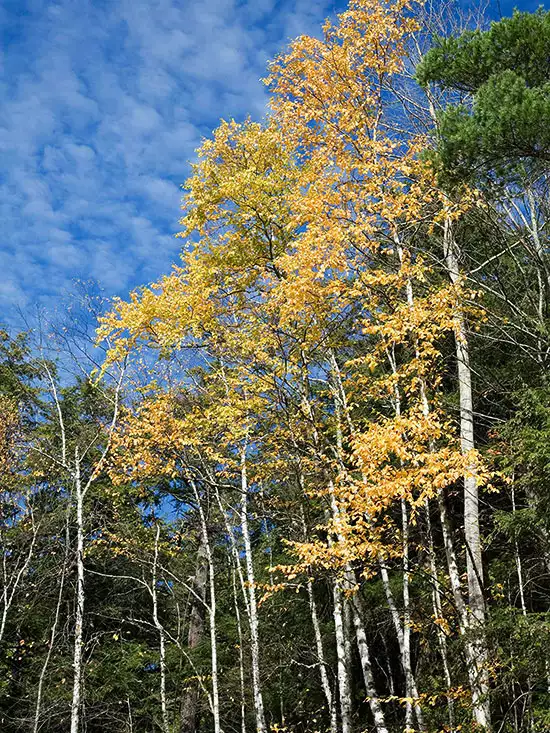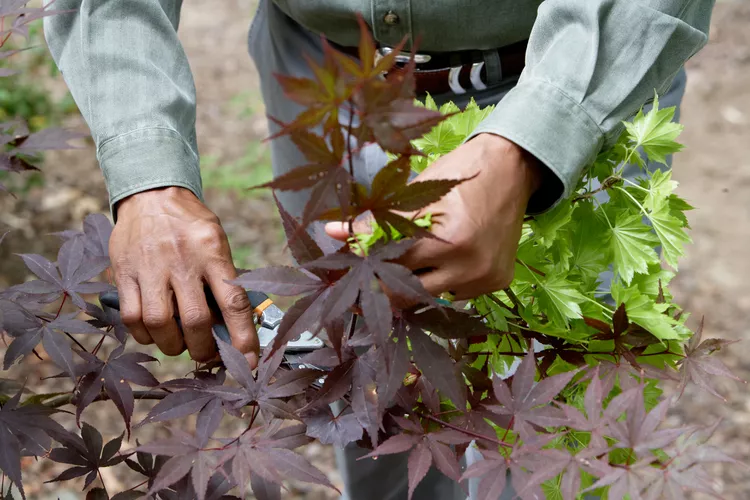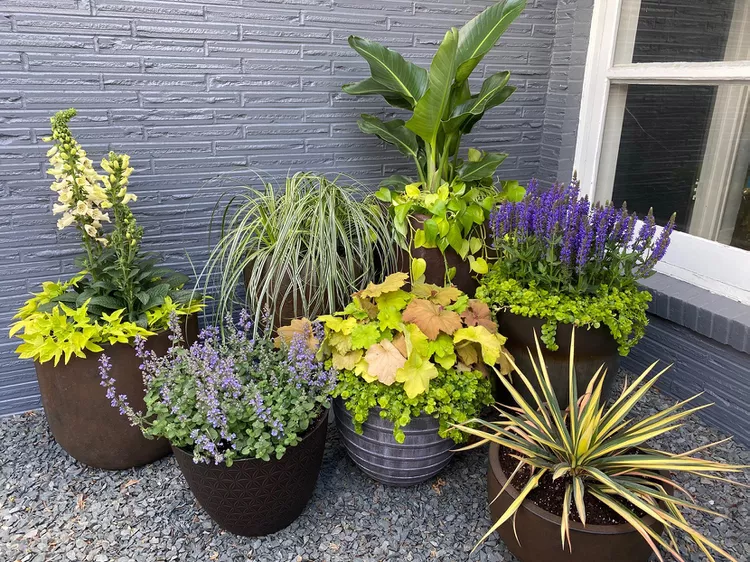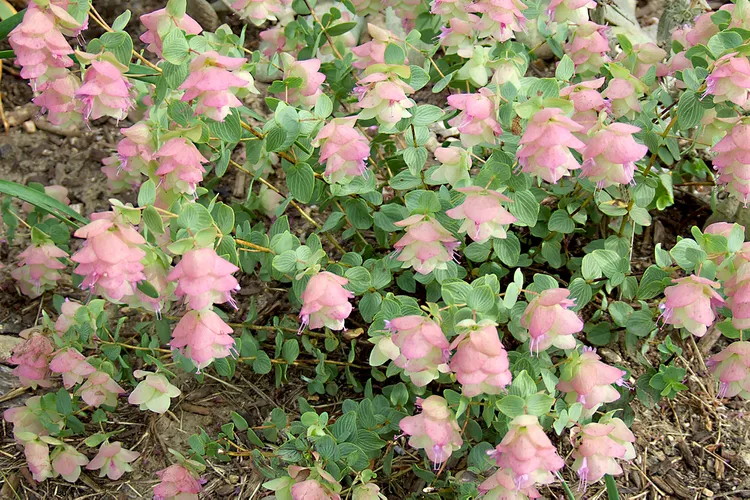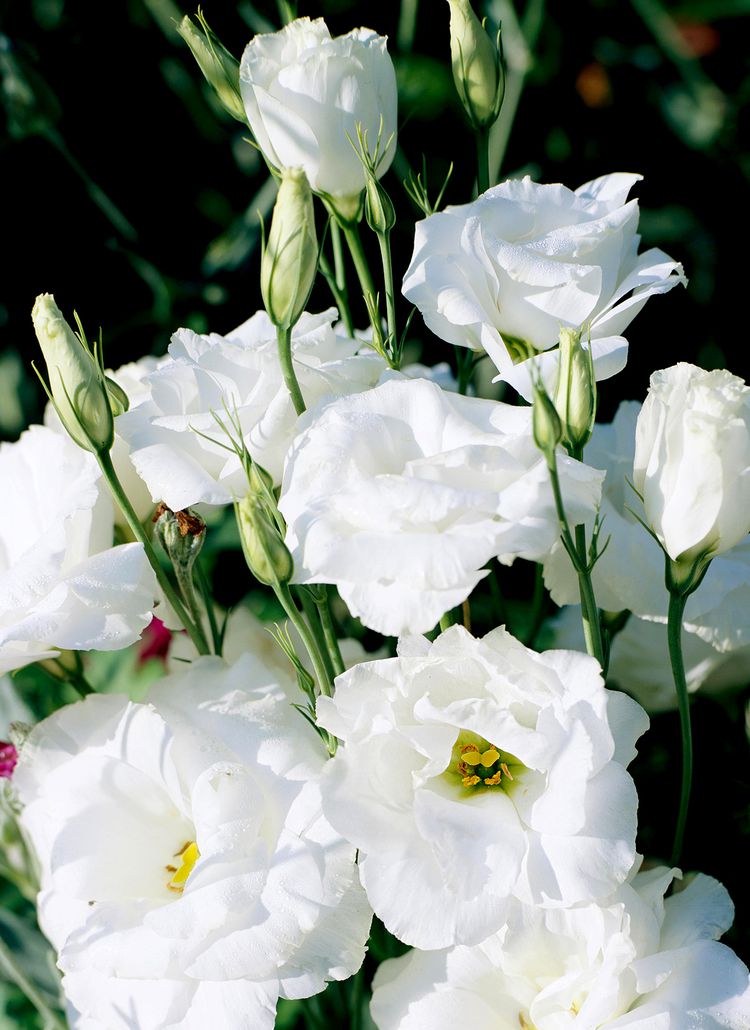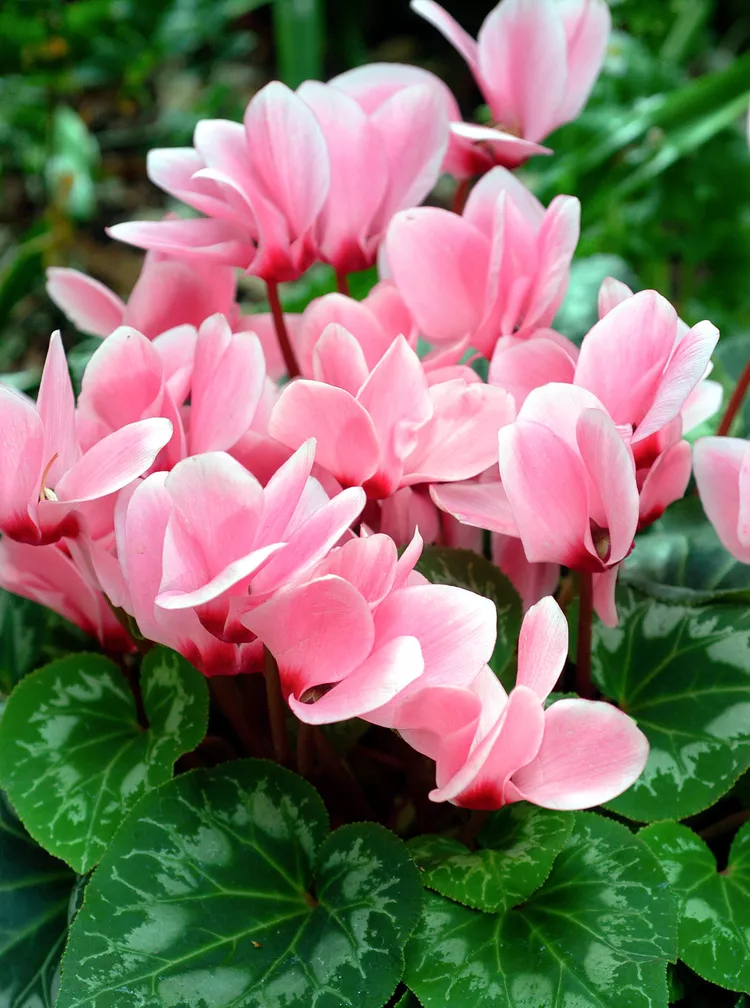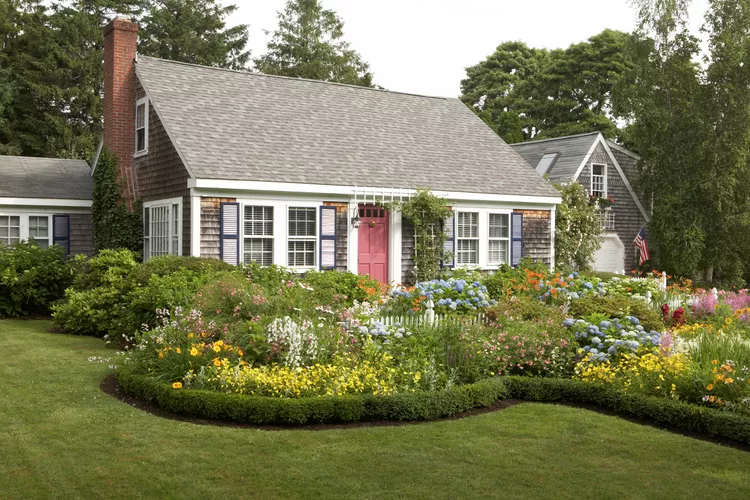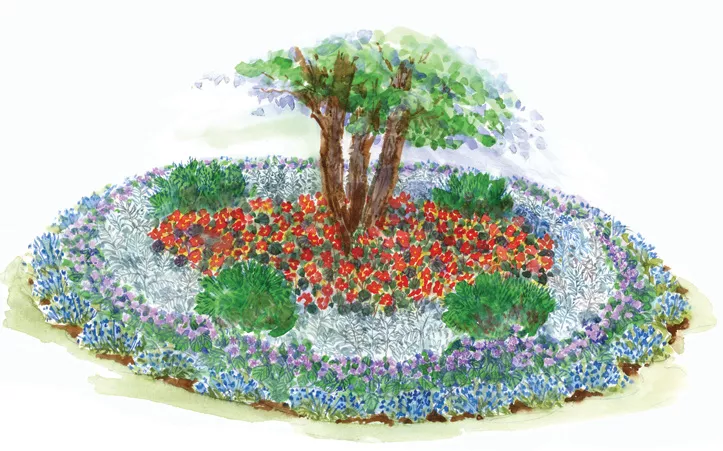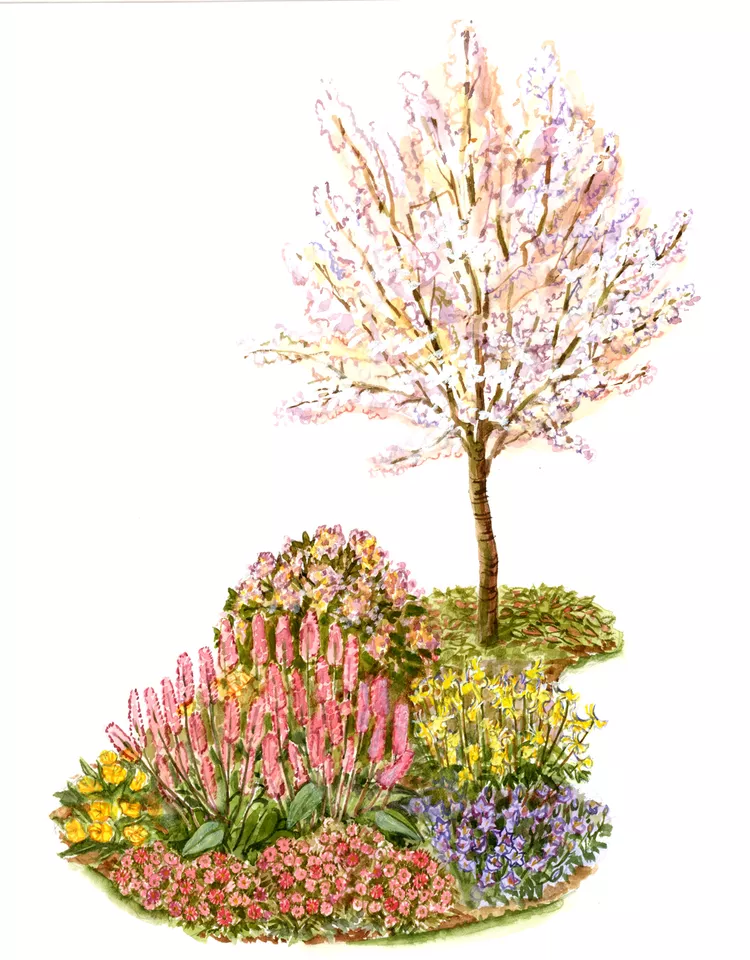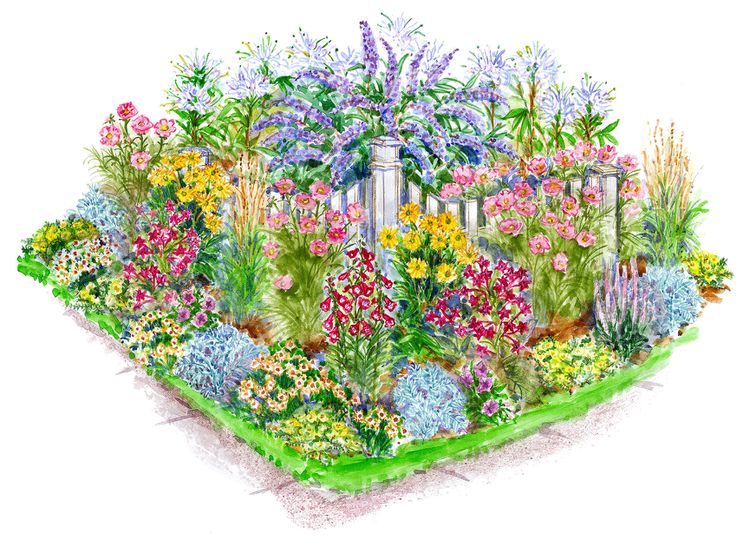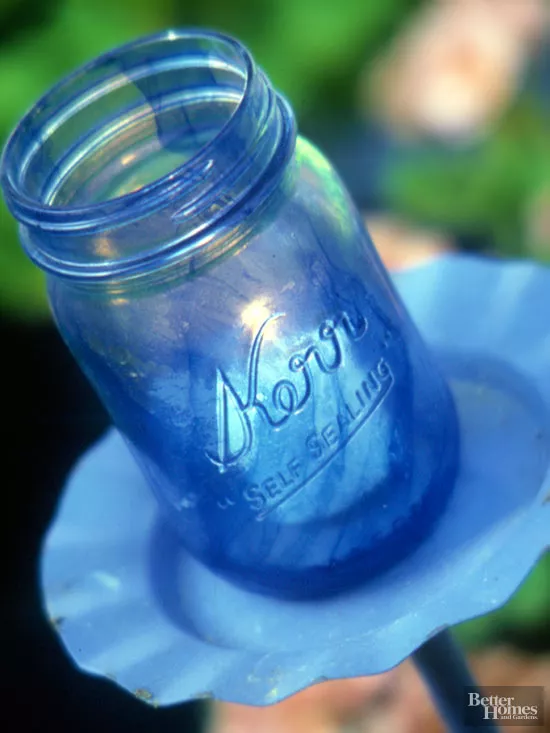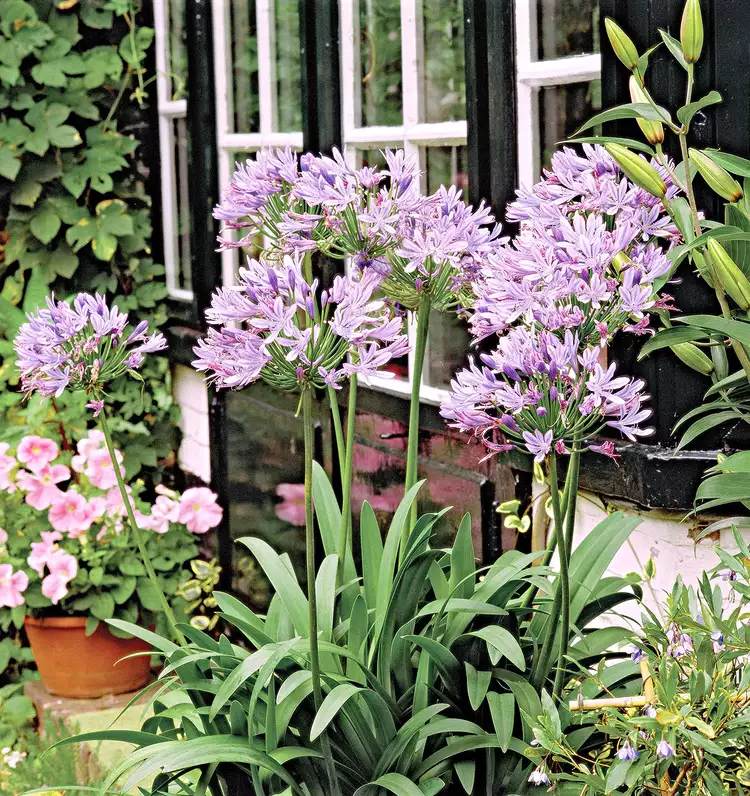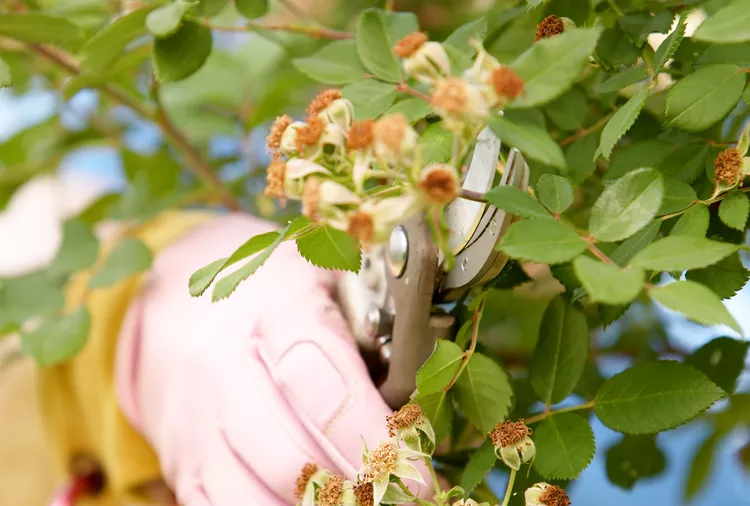When the chill of the season sets in, many gardeners might think that their gardening days are over. However, the cold season presents a unique opportunity to cultivate a variety of delicious and nutritious edibles. In this article, we will explore the best cold - season vegetables, herbs, and edible flowers that can thrive even in the cold weather.
Let's start with cold - season vegetables. One of the most popular choices is kale. Kale is a hardy leafy green that can withstand frost and even improve in flavor after a light frost. It is rich in vitamins A, C, and K, as well as antioxidants. You can plant kale in the fall, and it will continue to grow throughout the winter in many regions. Another great option is spinach. Spinach is a cool - weather crop that can be sown directly into the ground in early fall. It grows quickly and can be harvested multiple times. Swiss chard is also a cold - tolerant vegetable. With its colorful stems and nutritious leaves, it adds both beauty and flavor to your garden. It can be grown in containers or in the ground and is relatively easy to care for.
Root vegetables are also well - suited for cold - season gardening. Carrots are a classic choice. They can be planted in late summer or early fall and will continue to grow underground during the winter. The cold temperatures actually sweeten the carrots, making them even more delicious. Parsnips are another root vegetable that thrives in the cold. They take a long time to mature, but the wait is worth it as they have a unique, sweet flavor. Turnips are also a great addition to a cold - season garden. They are fast - growing and can be used in a variety of dishes, from soups to roasted vegetables.
Now, let's move on to herbs. Rosemary is a hardy herb that can tolerate cold temperatures. It has a strong, aromatic flavor and is great for adding to roasted meats, vegetables, and bread. Thyme is another cold - tolerant herb. It has a subtle, earthy flavor and can be used in a wide range of dishes, including stews, soups, and marinades. Chives are also a good choice for cold - season gardening. They are easy to grow and can be used as a garnish or added to salads, omelets, and dips.
Edible flowers are not only beautiful but also add a unique flavor to your dishes. Pansies are a popular choice for cold - season edible flowers. They come in a variety of colors and have a mild, sweet flavor. Violas are similar to pansies and can also be used in salads, desserts, or as a garnish. Calendula is another cold - tolerant edible flower. It has a slightly spicy flavor and can be used in teas, soups, and as a natural food coloring.
When it comes to cold - season gardening, proper preparation is key. Make sure to choose a sunny spot for your garden, as even in the winter, plants need sunlight to grow. Amend the soil with compost or well - rotted manure to provide nutrients for the plants. Use mulch to protect the soil and keep the roots warm. Water the plants regularly, but be careful not to over - water as the cold weather slows down the evaporation rate.
In conclusion, cold - season edible gardening is a rewarding activity that allows you to enjoy fresh produce even during the colder months. By choosing the right vegetables, herbs, and edible flowers, and taking proper care of your garden, you can have a bountiful harvest throughout the winter. So, don't let the cold weather stop you from gardening. Get out there and start planting your cold - season edibles today!

